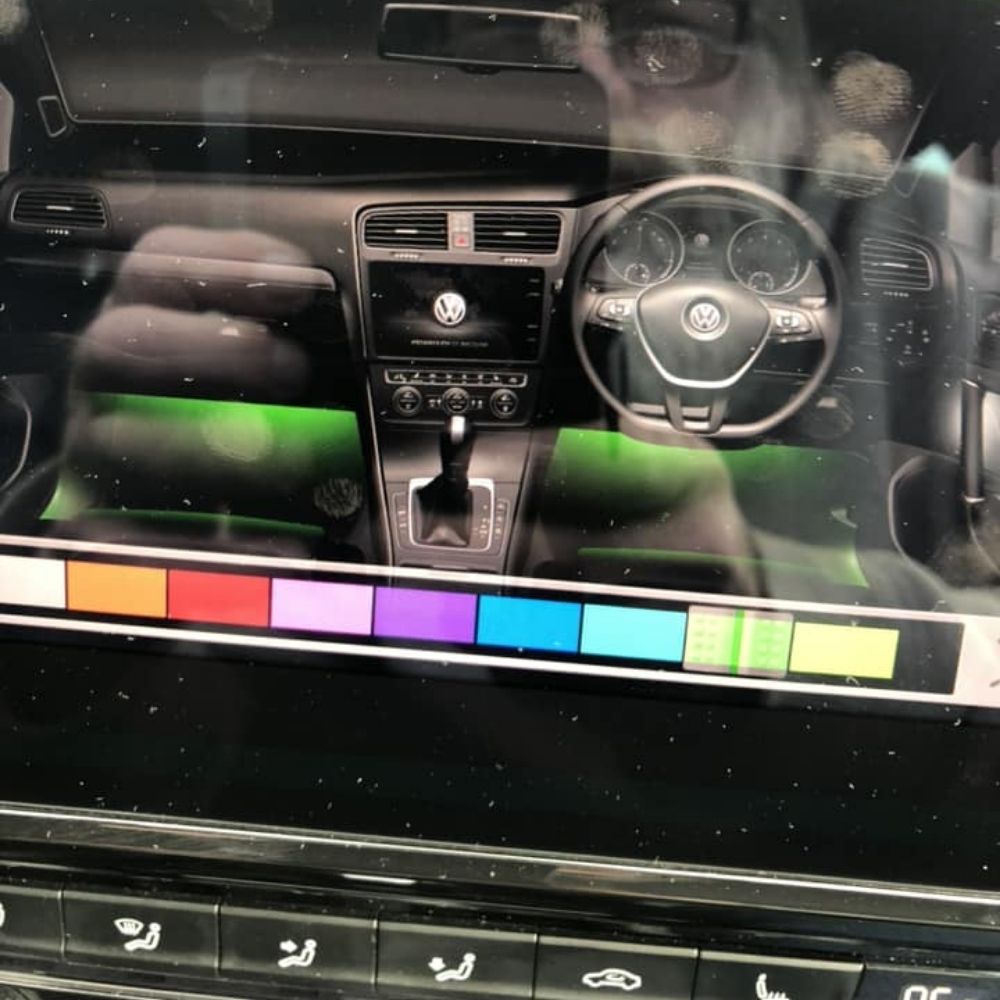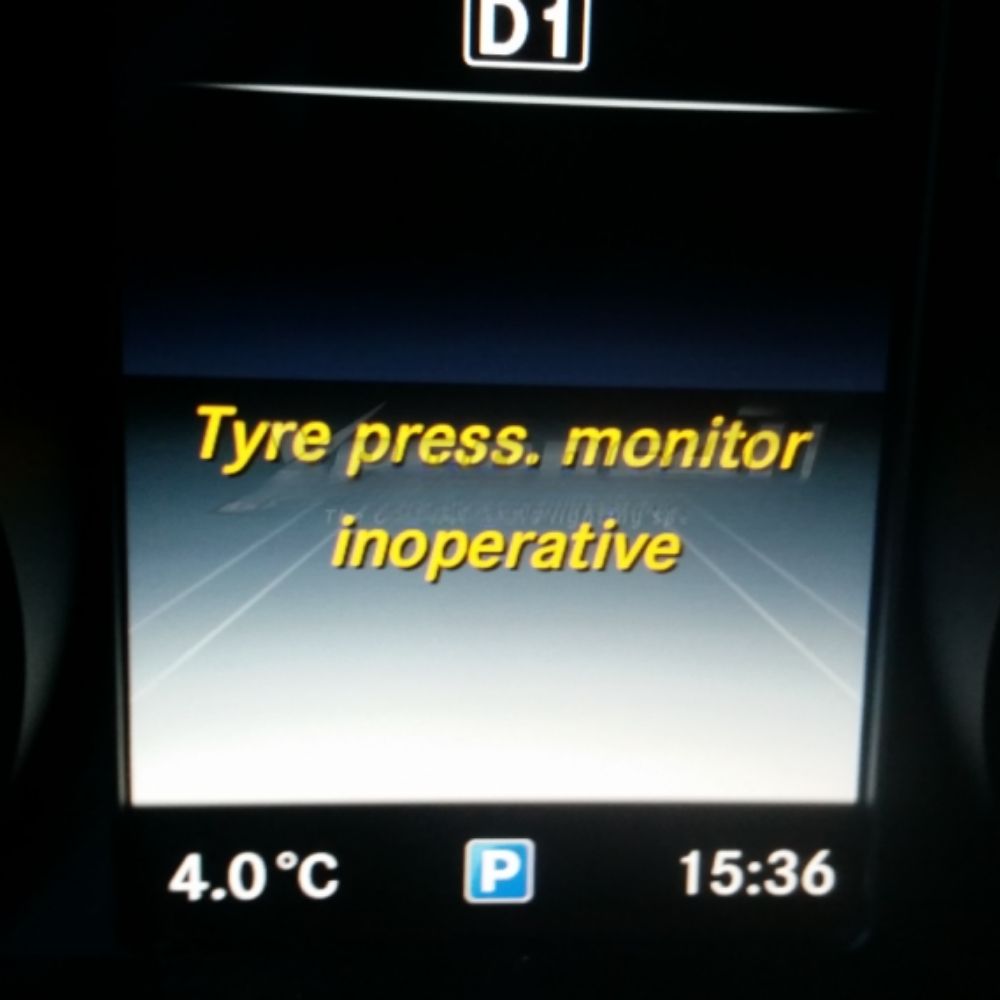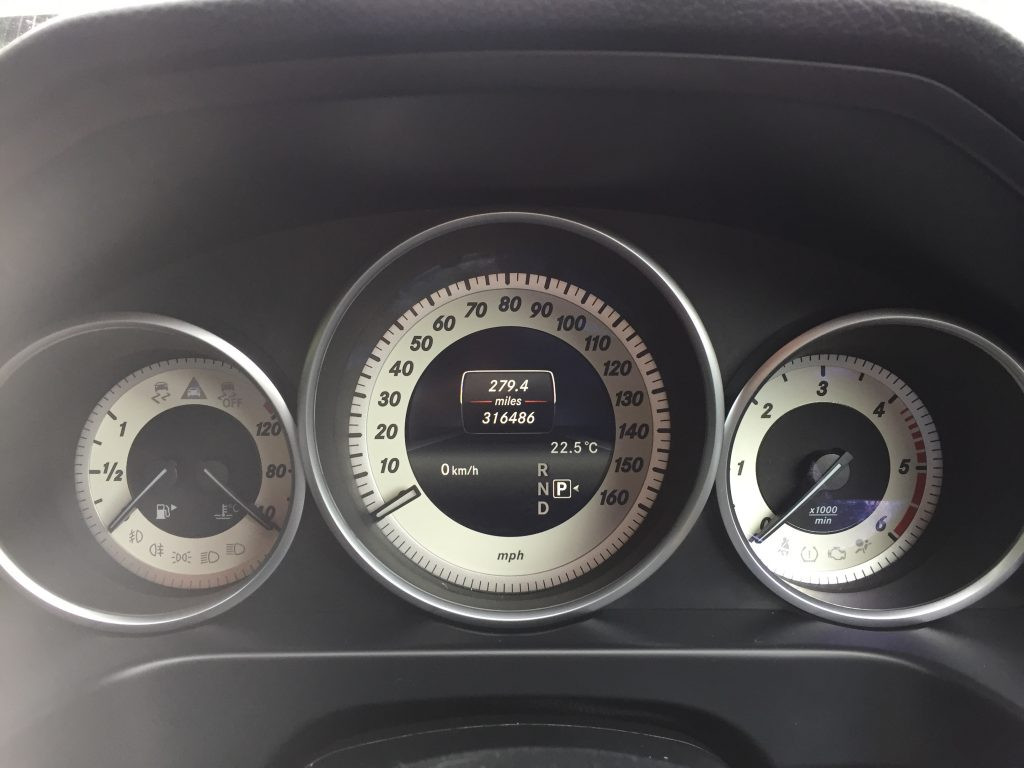
Where is the Audi A4 Engine Code Location?
Contents
- 1. Why is Knowing the Audi A4 Engine Code Important?
- 2. Where Can I Find the Audi A4 Engine Code?
- 2.1. Vehicle Identification Number (VIN) Plate
- 2.2. Engine Bay Sticker
- 2.3. Engine Block
- 2.4. Vehicle Documentation
- 2.5. AutoExplain Diagnostic Services
- 3. Understanding the Audi A4 Engine Code Format
- 4. Common Audi A4 Engine Codes and Their Characteristics
- 4.1. 1.8T Engine Codes
- 4.1.1. AWT (1.8T)
- 4.1.2. BFB (1.8T)
- 4.2. 2.0T Engine Codes
- 4.2.1. BGB (2.0T)
- 4.2.2. BWT (2.0T)
- 4.2.3. CAEB (2.0T)
- 4.3. 3.2L V6 Engine Codes
- 4.3.1. CALA (3.2L V6)
- 4.4. Diesel Engine Codes
- 4.4.1. CJCA (2.0 TDI)
- 4.4.2. CGLC (2.0 TDI)
- 5. Troubleshooting Common Audi A4 Engine Problems
- 5.1. Oil Consumption Issues
- 5.2. Carbon Buildup on Intake Valves
- 5.3. Timing Chain Tensioner Failures
- 5.4. High-Pressure Fuel Pump (HPFP) Failures
- 5.5. Diesel Particulate Filter (DPF) Clogging
- 6. AutoExplain Remote Diagnostic and Repair Services
- 7. Benefits of Using AutoExplain
- 8. Audi A4 Engine Code: A Technician’s Perspective
- 8.1. Precision in Diagnostics
- 8.2. Access to Specific Technical Data
- 8.3. Efficient Parts Procurement
- 8.4. Software and Calibration Alignment
- 8.5. Mitigating Common Issues
- 8.6. Enhancing Repair Quality
- 9. How AutoExplain Streamlines the Repair Process
- 9.1. Remote Diagnostics with Engine Code Integration
- 9.2. Guided Repair Solutions
- 9.3. ECU Programming and Calibration
- 9.4. Real-Time Technical Support
- 9.5. Knowledge Sharing and Training
- 10. FAQ about Audi A4 Engine Codes
- 10.1. Where can I find the engine code on my Audi A4?
- 10.2. Why is it important to know my Audi A4’s engine code?
- 10.3. What does the Audi A4 engine code format look like?
- 10.4. What are some common Audi A4 engine codes?
- 10.5. What are some common issues with the CAEB (2.0T) engine?
- 10.6. How can I address carbon buildup on intake valves in my Audi A4?
- 10.7. What should I do if my Audi A4 is experiencing DPF clogging?
- 10.8. Can AutoExplain help with ECU programming and software updates?
- 10.9. How can I contact AutoExplain for technical support?
- 10.10. What are the benefits of using AutoExplain’s remote diagnostic services?
- 11. Contact AutoExplain for Expert Assistance
The Audi A4 Engine Code Location is typically found on a sticker in the engine bay, the vehicle identification number (VIN) plate, or stamped directly on the engine block itself. Knowing the precise engine code is crucial for accurate diagnostics and repairs. This article provides a comprehensive guide to finding your Audi A4’s engine code and understanding its importance.
1. Why is Knowing the Audi A4 Engine Code Important?
Knowing the Audi A4 engine code is critical for several reasons:
- Accurate Parts Ordering: The engine code ensures you get the correct replacement parts, such as filters, spark plugs, timing belts, and engine components.
- Precise Diagnostic Information: The engine code allows technicians to access specific diagnostic procedures and troubleshooting guides relevant to your engine type.
- Correct Repair Procedures: Repair manuals and technical service bulletins (TSBs) are often engine-code specific, ensuring the repair is performed correctly.
- Software Updates and Programming: The engine code is necessary for performing software updates and programming the engine control unit (ECU) and other vehicle systems.
- Vehicle History and Identification: The engine code helps maintain accurate vehicle records and can be used to identify the engine’s specific characteristics and specifications.
2. Where Can I Find the Audi A4 Engine Code?
The Audi A4 engine code can be found in several locations:
2.1. Vehicle Identification Number (VIN) Plate
The VIN plate is often located on the driver’s side door jamb or on the dashboard near the windshield. The engine code may be listed on the same plate or on a separate sticker nearby.
2.2. Engine Bay Sticker
Many Audi A4 models have a sticker in the engine bay that contains the engine code. Look for a sticker on the timing belt cover, the valve cover, or the inner fender well.
2.3. Engine Block
The engine code is often stamped directly on the engine block. This can be more difficult to locate, as it may be hidden behind other components. Common locations include:
- Near the cylinder head: Look for a flat surface where the cylinder head meets the engine block.
- On the side of the block: Check the sides of the engine block, particularly near the front or rear of the engine.
- On the front of the block: Examine the front of the engine block, near the water pump or other front-mounted components.
2.4. Vehicle Documentation
The engine code may also be listed in your vehicle’s owner’s manual, warranty documentation, or service records.
2.5. AutoExplain Diagnostic Services
If you are having trouble locating your Audi A4’s engine code, AutoExplain can help. Our remote diagnostic services can quickly identify your engine code and provide you with the information you need. Contact us via WhatsApp at +1(936)2896695 or email us at [email protected].
3. Understanding the Audi A4 Engine Code Format
Audi A4 engine codes typically follow a specific format. While the exact format may vary slightly depending on the model year and engine type, it generally consists of a combination of letters and numbers. For example:
- Example Engine Code: “BGB”
- Components: The engine code may indicate engine family, displacement, or specific features.
4. Common Audi A4 Engine Codes and Their Characteristics
Here are some common Audi A4 engine codes and their key characteristics:
4.1. 1.8T Engine Codes
4.1.1. AWT (1.8T)
- Horsepower: Around 150 hp
- Torque: Approximately 155 lb-ft
- Features: Turbocharged, 20-valve cylinder head
- Common Issues: Oil sludge, coil pack failures, vacuum leaks
4.1.2. BFB (1.8T)
- Horsepower: Around 163 hp
- Torque: Approximately 166 lb-ft
- Features: Turbocharged, 20-valve cylinder head, improved turbocharger
- Common Issues: Similar to AWT, but with improved reliability
4.2. 2.0T Engine Codes
4.2.1. BGB (2.0T)
- Horsepower: Around 200 hp
- Torque: Approximately 207 lb-ft
- Features: Turbocharged, direct injection
- Common Issues: High-pressure fuel pump (HPFP) failures, carbon buildup on intake valves
4.2.2. BWT (2.0T)
- Horsepower: Around 200 hp
- Torque: Approximately 207 lb-ft
- Features: Turbocharged, direct injection, revised engine management
- Common Issues: Similar to BGB, but with improvements to the HPFP
4.2.3. CAEB (2.0T)
- Horsepower: Around 211 hp
- Torque: Approximately 258 lb-ft
- Features: Turbocharged, direct injection, improved performance
- Common Issues: Oil consumption, timing chain tensioner failures
4.3. 3.2L V6 Engine Codes
4.3.1. CALA (3.2L V6)
- Horsepower: Around 265 hp
- Torque: Approximately 243 lb-ft
- Features: Naturally aspirated, direct injection
- Common Issues: Carbon buildup on intake valves, timing chain issues
4.4. Diesel Engine Codes
4.4.1. CJCA (2.0 TDI)
- Horsepower: Around 143 hp
- Torque: Approximately 236 lb-ft
- Features: Turbocharged, common rail direct injection
- Common Issues: Diesel particulate filter (DPF) clogging, EGR valve issues
4.4.2. CGLC (2.0 TDI)
- Horsepower: Around 177 hp
- Torque: Approximately 280 lb-ft
- Features: Turbocharged, common rail direct injection, improved performance
- Common Issues: Similar to CJCA, but with more robust components
5. Troubleshooting Common Audi A4 Engine Problems
Identifying the correct engine code allows for targeted troubleshooting. Here are some common issues associated with different Audi A4 engines and how AutoExplain can assist:
5.1. Oil Consumption Issues
- Affected Engines: CAEB (2.0T)
- Symptoms: Low oil level, oil warning light, excessive smoke from the exhaust
- Possible Causes: Piston ring wear, PCV valve failure, turbocharger issues
- AutoExplain Solution: Our experts can diagnose the root cause of the oil consumption issue and provide step-by-step repair instructions. We can also assist with ECU programming and software updates to address known oil consumption problems.
5.2. Carbon Buildup on Intake Valves
- Affected Engines: BGB, BWT (2.0T), CALA (3.2L V6)
- Symptoms: Rough idle, misfires, loss of power, poor fuel economy
- Possible Causes: Direct injection design, lack of port fuel injection to clean valves
- AutoExplain Solution: AutoExplain can guide you through the process of cleaning the intake valves, including recommending the appropriate tools and cleaning solutions. We can also assist with adapting the ECU after cleaning to optimize performance.
5.3. Timing Chain Tensioner Failures
- Affected Engines: CAEB (2.0T), CALA (3.2L V6)
- Symptoms: Rattling noise on startup, engine misfires, potential engine damage
- Possible Causes: Faulty timing chain tensioner, oil pressure issues
- AutoExplain Solution: Our team can provide detailed instructions on replacing the timing chain tensioner, including proper timing alignment procedures. We can also help diagnose any underlying oil pressure issues that may have contributed to the failure.
5.4. High-Pressure Fuel Pump (HPFP) Failures
- Affected Engines: BGB, BWT (2.0T)
- Symptoms: Long cranking times, engine stalling, fuel pressure issues
- Possible Causes: Worn HPFP components, fuel quality issues
- AutoExplain Solution: AutoExplain can assist with diagnosing HPFP failures and provide guidance on replacing the pump. We can also help with coding the new HPFP to the ECU.
5.5. Diesel Particulate Filter (DPF) Clogging
- Affected Engines: CJCA, CGLC (2.0 TDI)
- Symptoms: Reduced engine performance, DPF warning light, frequent regeneration cycles
- Possible Causes: Short trips, clogged DPF, faulty sensors
- AutoExplain Solution: Our experts can help diagnose DPF issues and recommend appropriate solutions, such as forced regeneration or DPF replacement. We can also assist with resetting the DPF adaptation values in the ECU.
6. AutoExplain Remote Diagnostic and Repair Services
AutoExplain offers comprehensive remote diagnostic and repair services to help you resolve any issues with your Audi A4. Our services include:
- Remote Diagnostics: We use advanced diagnostic tools to remotely access your vehicle’s ECU and identify any fault codes or issues.
- Step-by-Step Repair Instructions: We provide detailed, step-by-step repair instructions tailored to your specific engine code and problem.
- ECU Programming and Software Updates: We can perform ECU programming and software updates remotely to optimize your vehicle’s performance and address known issues.
- Technical Support: Our team of experienced technicians is available to provide technical support via WhatsApp and email.
7. Benefits of Using AutoExplain
- Expert Assistance: Our team of experienced technicians has extensive knowledge of Audi A4 vehicles and their common problems.
- Convenience: Our remote services allow you to get the help you need without having to take your vehicle to a shop.
- Cost-Effective: Our services are often more affordable than traditional repair shops.
- Fast Turnaround: We can typically diagnose and provide repair instructions within a few hours.
8. Audi A4 Engine Code: A Technician’s Perspective
From a technician’s perspective, knowing the Audi A4 engine code is akin to having the vehicle’s DNA. It dictates the approach to diagnostics, the selection of tools, and the overall repair strategy. Here’s why it’s so vital:
8.1. Precision in Diagnostics
The engine code allows technicians to narrow down diagnostic parameters. For instance, a CAEB engine (2.0T) is notorious for oil consumption issues. Knowing this upfront, the technician can focus on inspecting piston rings, the PCV system, and turbocharger seals, rather than chasing unrelated symptoms.
8.2. Access to Specific Technical Data
Manufacturers provide technical service bulletins (TSBs) and repair manuals that are engine-code specific. These documents offer detailed procedures, torque specifications, and wiring diagrams tailored to the exact engine variant. Using generic information can lead to errors and potential damage.
8.3. Efficient Parts Procurement
Ordering the correct parts is crucial. An Audi A4 with a BGB engine (2.0T) requires a different high-pressure fuel pump (HPFP) than one with a CAEB engine. The engine code ensures that the right component is ordered, avoiding delays and additional costs.
8.4. Software and Calibration Alignment
Modern vehicles rely heavily on software. ECU updates and calibrations are engine-code specific. Installing the wrong software can lead to performance issues, diagnostic errors, and even component failure. AutoExplain’s remote services ensure that the correct software is installed for the specific engine.
8.5. Mitigating Common Issues
Certain engine codes are associated with well-known problems. The 3.2L V6 (CALA) engine, for example, is prone to carbon buildup on intake valves. Knowing this, technicians can proactively inspect and address this issue, preventing performance degradation.
8.6. Enhancing Repair Quality
The engine code enables technicians to follow precise repair procedures. For timing chain replacements in CAEB engines, specific alignment tools and torque specifications are required. Using the correct engine code ensures these procedures are followed accurately, resulting in a higher quality repair.
9. How AutoExplain Streamlines the Repair Process
AutoExplain understands the challenges technicians face and offers solutions that leverage the importance of engine codes:
9.1. Remote Diagnostics with Engine Code Integration
AutoExplain’s remote diagnostic service begins with verifying the engine code. This allows our experts to access the vehicle’s diagnostic data with precision, ensuring accurate fault code analysis.
9.2. Guided Repair Solutions
Once the engine code is identified, AutoExplain provides step-by-step repair instructions tailored to that specific engine. These instructions include torque specifications, wiring diagrams, and component locations, minimizing the risk of errors.
9.3. ECU Programming and Calibration
AutoExplain offers remote ECU programming services, ensuring that the correct software and calibrations are installed for the specific engine code. This optimizes performance, resolves software-related issues, and prevents future problems.
9.4. Real-Time Technical Support
Technicians can connect with AutoExplain experts via WhatsApp or email for real-time technical support. Our experts can provide guidance on diagnostic procedures, repair techniques, and component identification, all based on the engine code.
9.5. Knowledge Sharing and Training
AutoExplain provides access to a wealth of technical knowledge, including TSBs, repair manuals, and diagnostic tips. This knowledge is organized by engine code, making it easy for technicians to find the information they need.
10. FAQ about Audi A4 Engine Codes
10.1. Where can I find the engine code on my Audi A4?
The engine code can typically be found on a sticker in the engine bay, on the VIN plate, or stamped on the engine block.
10.2. Why is it important to know my Audi A4’s engine code?
Knowing the engine code ensures you order the correct parts, access specific diagnostic procedures, and perform accurate repairs.
10.3. What does the Audi A4 engine code format look like?
Audi A4 engine codes usually consist of a combination of letters and numbers, such as “BGB” or “CAEB.”
10.4. What are some common Audi A4 engine codes?
Common engine codes include AWT, BFB (1.8T), BGB, BWT, CAEB (2.0T), CALA (3.2L V6), CJCA, and CGLC (2.0 TDI).
10.5. What are some common issues with the CAEB (2.0T) engine?
The CAEB engine is known for oil consumption and timing chain tensioner failures.
10.6. How can I address carbon buildup on intake valves in my Audi A4?
AutoExplain can guide you through the process of cleaning the intake valves and adapting the ECU.
10.7. What should I do if my Audi A4 is experiencing DPF clogging?
AutoExplain can help diagnose DPF issues and recommend solutions like forced regeneration or DPF replacement.
10.8. Can AutoExplain help with ECU programming and software updates?
Yes, AutoExplain offers remote ECU programming and software updates to optimize your vehicle’s performance.
10.9. How can I contact AutoExplain for technical support?
You can contact AutoExplain via WhatsApp at +1(936)2896695 or email us at [email protected].
10.10. What are the benefits of using AutoExplain’s remote diagnostic services?
AutoExplain offers expert assistance, convenience, cost-effectiveness, and fast turnaround times for diagnosing and repairing your Audi A4.11. Contact AutoExplain for Expert Assistance
Don’t let engine problems slow you down. Contact AutoExplain today for expert remote diagnostic and repair services. Our team is ready to help you get your Audi A4 back on the road quickly and efficiently.
Contact Information:
- Address: 1500 N Grant ST Sten Denver, CO 80203
- WhatsApp: +1(936)2896695
- Email: [email protected]
- Website: AutoExplain.com
By choosing AutoExplain, you’re choosing precision, expertise, and efficiency in Audi A4 diagnostics and repairs. Let us help you keep your vehicle running at its best.


How to Perform 7 Speed DSG Basic Settings with ODIS on Skoda Octavia

How do you fix a Tire Pressure Monitor Inoperative Mercedes

Mercedes Temperature Offset Coding: Set Air Conditioner Colder Using DTS Monaco

Understanding Mercedes B Service Code 606: A Comprehensive Guide






